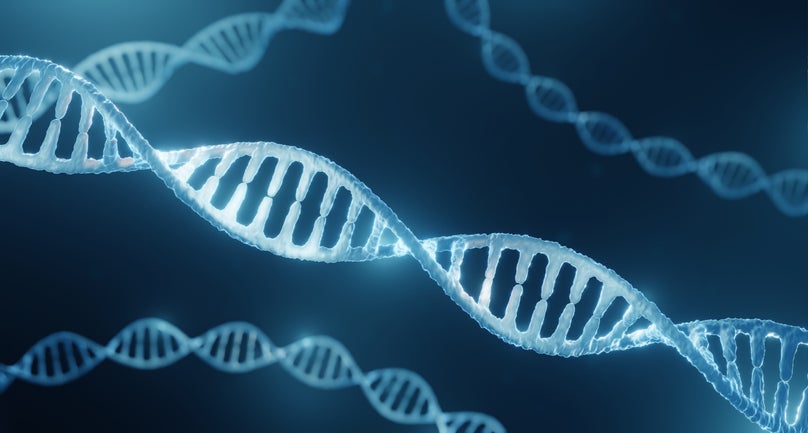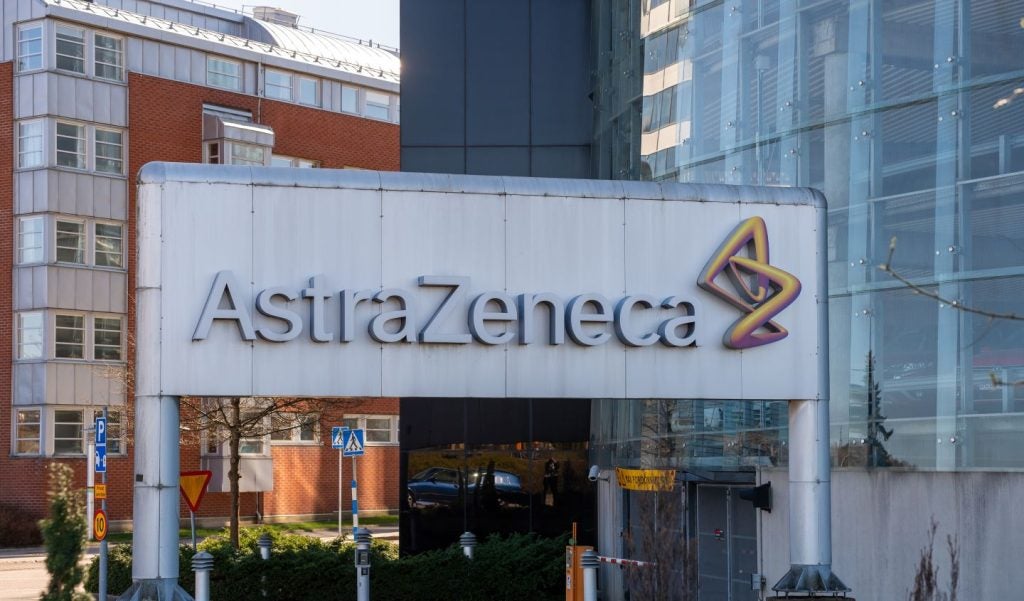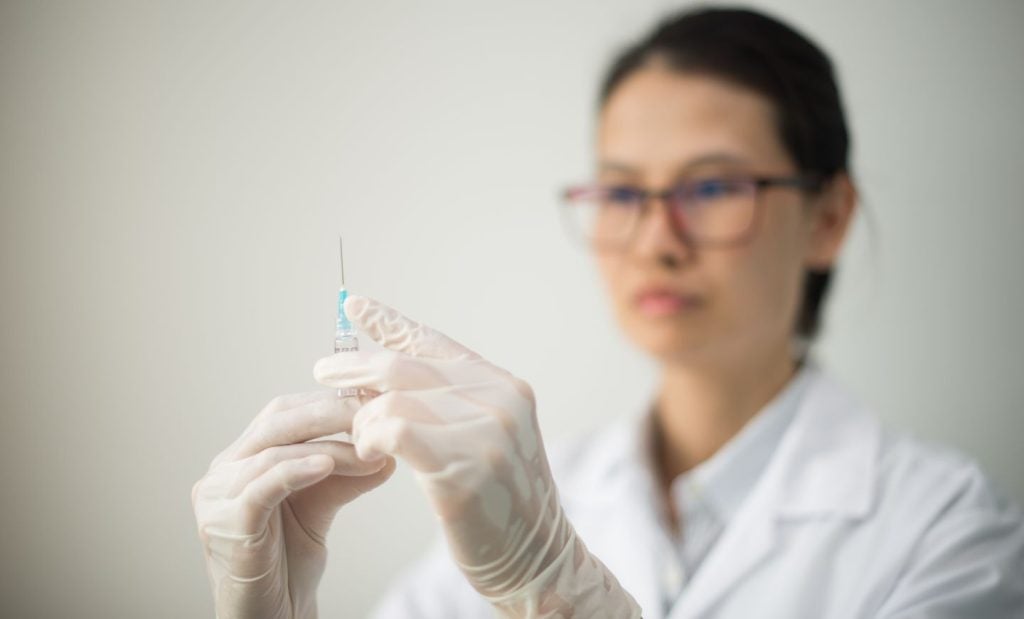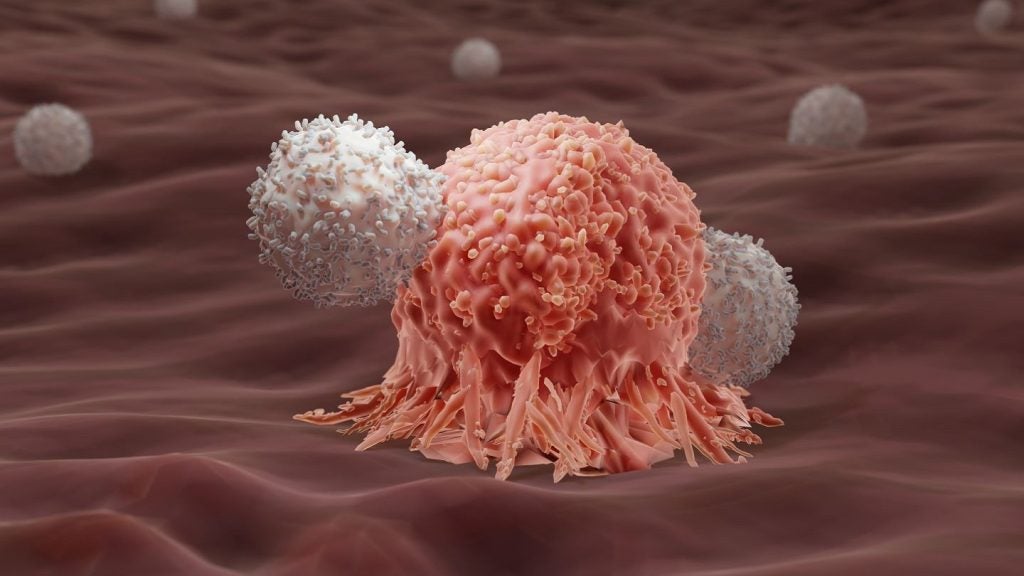US-based biotechnology company Gain Therapeutics has published preclinical data demonstrating the potential of small molecule allosteric regulators to treat beta-galactosidase-1 (GLB1)-related lysosomal storage disorders such as GM1 gangliosidosis.
GM1 gangliosidosis is an inherited disorder that progressively destroys neurons in the brain and spinal cord. The condition is caused by a deficiency of the enzyme beta-galactosidase, leading to the accumulation of GM1 gangliosidosis in tissues, affecting the nervous system.
Results from the study were published in PLOS ONE. The data highlights two novel allosteric regulator compounds, GT-00513 and GT-00413, that restored beta-galactosidase function and reduced intracellular toxic substrates.
In the announcement accompanying the preclinical data, Gain Therapeutics’ chief strategy officer Manolo Bellotto said: “Restoring the function of misfolded proteins is a therapeutic approach that is accessible only through allosteric small molecule regulators that can be efficiently discovered with our pioneering computational drug discovery platform.”
Bellotto added that this approach has been validated with its lead candidate GT-02287, an allosteric protein modulator that is in Phase I clinical trials to treat GBA1 Parkinson’s disease.
Preclinical models showed that the candidate improved motor function, increased dopamine levels, and reduced neuronal death. The single-centre, placebo-controlled, double-blind, randomised study of the candidate is anticipated to be completed in the first half of next year.
According to GlobalData’s Pharma Intelligence Center, Gain Therapeutics has seven drugs in the preclinical pipeline for the treatment of central nervous system and metabolic disorders.
GlobalData is the parent company of Clinical Trials Arena.
However, it has not been smooth sailing for other candidates in the GM1 space. In June, French biotech Lysogene terminated its Phase I/II trial investigating lixmabegene relduparvovec.
The trial aimed to evaluate the safety and efficacy of gene therapy in patients with GM1 gangliosidosis, but only five out of the 18 patients supposed to take part were enrolled. According to the trial listing, the termination was not due to safety concerns but can be attributed to Lysogene’s cessation of activities.
















